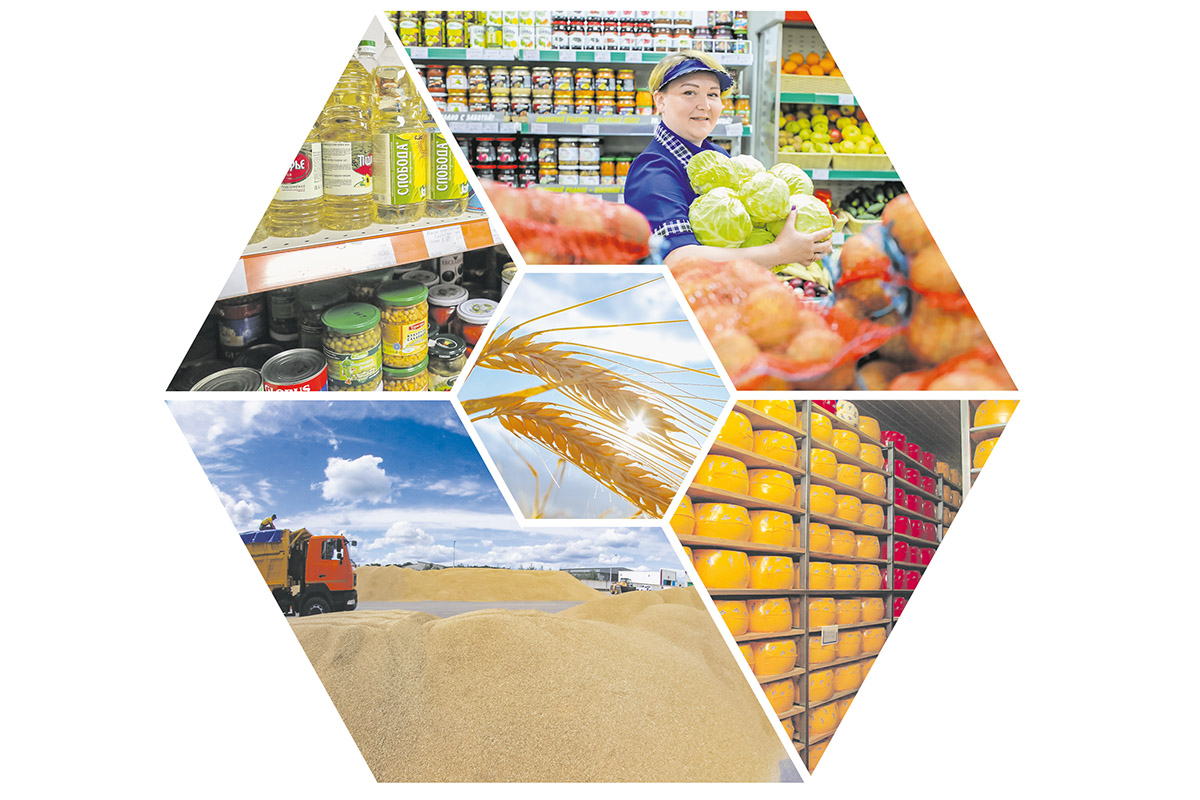Belarus’ Deputy PM commented on agriculture and food market situation
Deputy Prime Minister Leonid Zayats has shed light on the situation developing in the domestic and foreign food and agricultural markets

“In recent years, Belarus has achieved significant results in agriculture, which have made it possible to ensure the country’s food security. Moreover, it is now among the key food exporters in the world. In 2022, exports of food and agricultural raw materials reached a record figure of $8.3bn, but the country plans to progress further. Belarusian products are supplied to 100 countries, and the main markets are represented by neighbouring countries: the CIS, primarily the Russian Federation. They account for 82 percent, Russia – 75 percent (in Q1 2023, $1.5bn of products were sold to the CIS, and $1.4bn – to Russia). We continue to master the non-CIS markets, and exports there have increased by 2.7 percent (in Q1, $336.2m of products were sold). Supplies are growing to Asia and Oceania, America and the Caribbean, to certain countries of the European Union (Germany, Denmark, Spain, the Netherlands, Poland, Lithuania, Latvia and a number of others). In Q1, new countries were added: Afghanistan, Yemen, Senegal, Mexico, Montenegro, Cyprus, Sri Lanka, and Uganda. We attach the most important importance to China: the share in food exports is growing, and it now makes 7.8 percent (1.4 percent more than in January-March 2022). In Q1, $145.8m of products were exported (a 40.8 percent growth against the same period last year). The work dealing with the mastering of new markets and expanding of the range will continue,” Mr. Zayats informed.
By the way, Belarus has achieved a high level of self-sufficiency in all major products: meat — 134.2 percent, milk — 263.3, egg - 127.7, potatoes – 100, vegetables – 101.8, fruits and berries – 57.2. Deliveries to the domestic consumer market have grown in accordance with the increased demand in January-April 2023.
As noted by the Deputy Prime Minister, Belarus imports the products which could not be produced in large volumes domestically due to climatic and geographical conditions: mainly fish, fruits and berries, certain types of vegetables. Imports also include goods that are used by Belarusian enterprises as raw materials or ingredients for further industrial processing.



